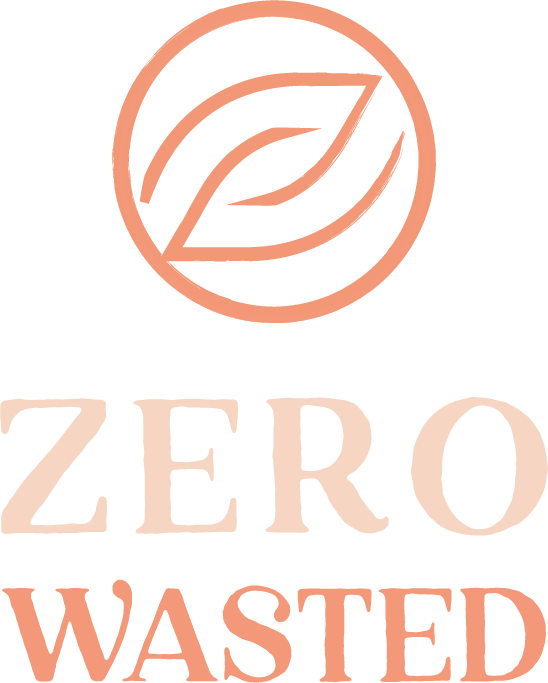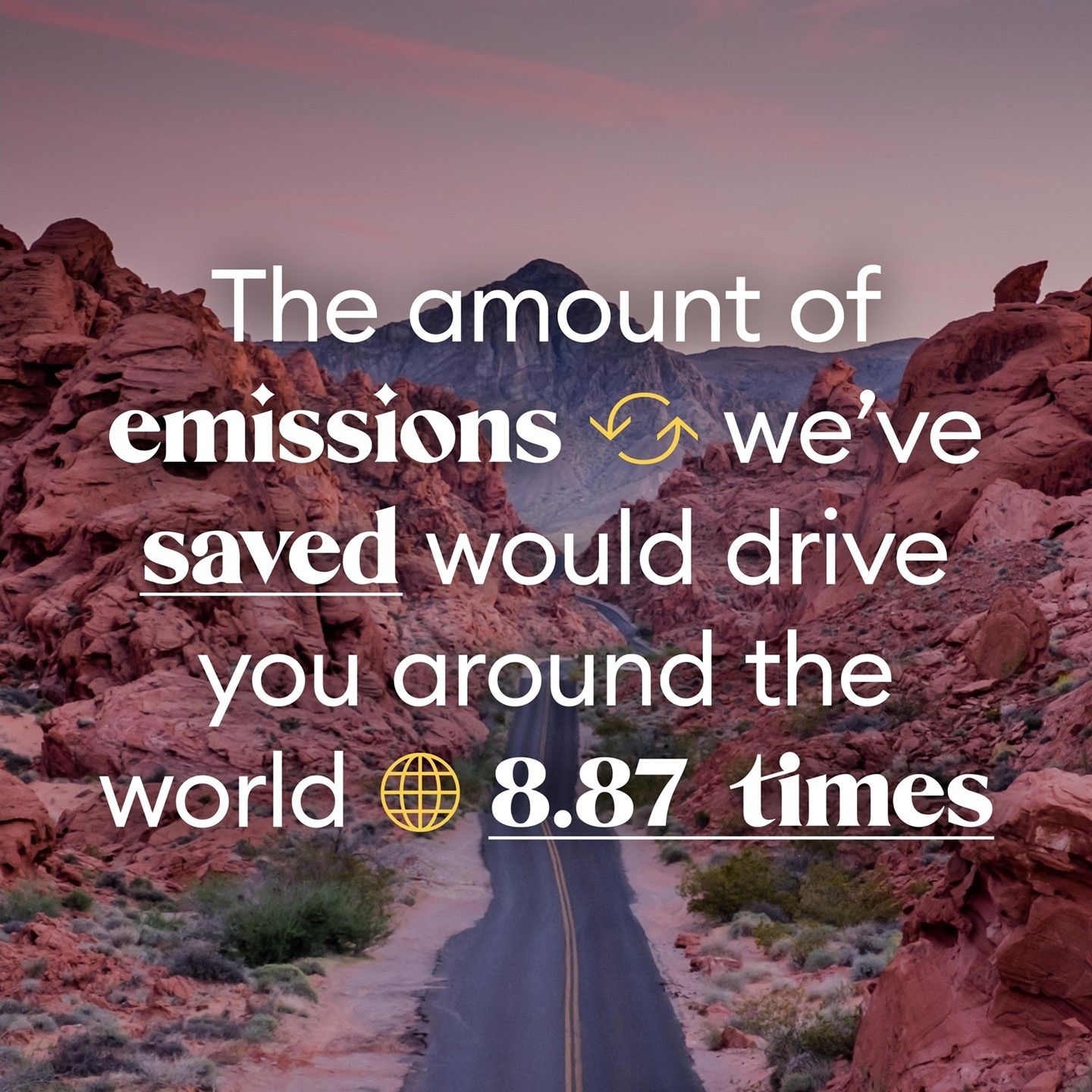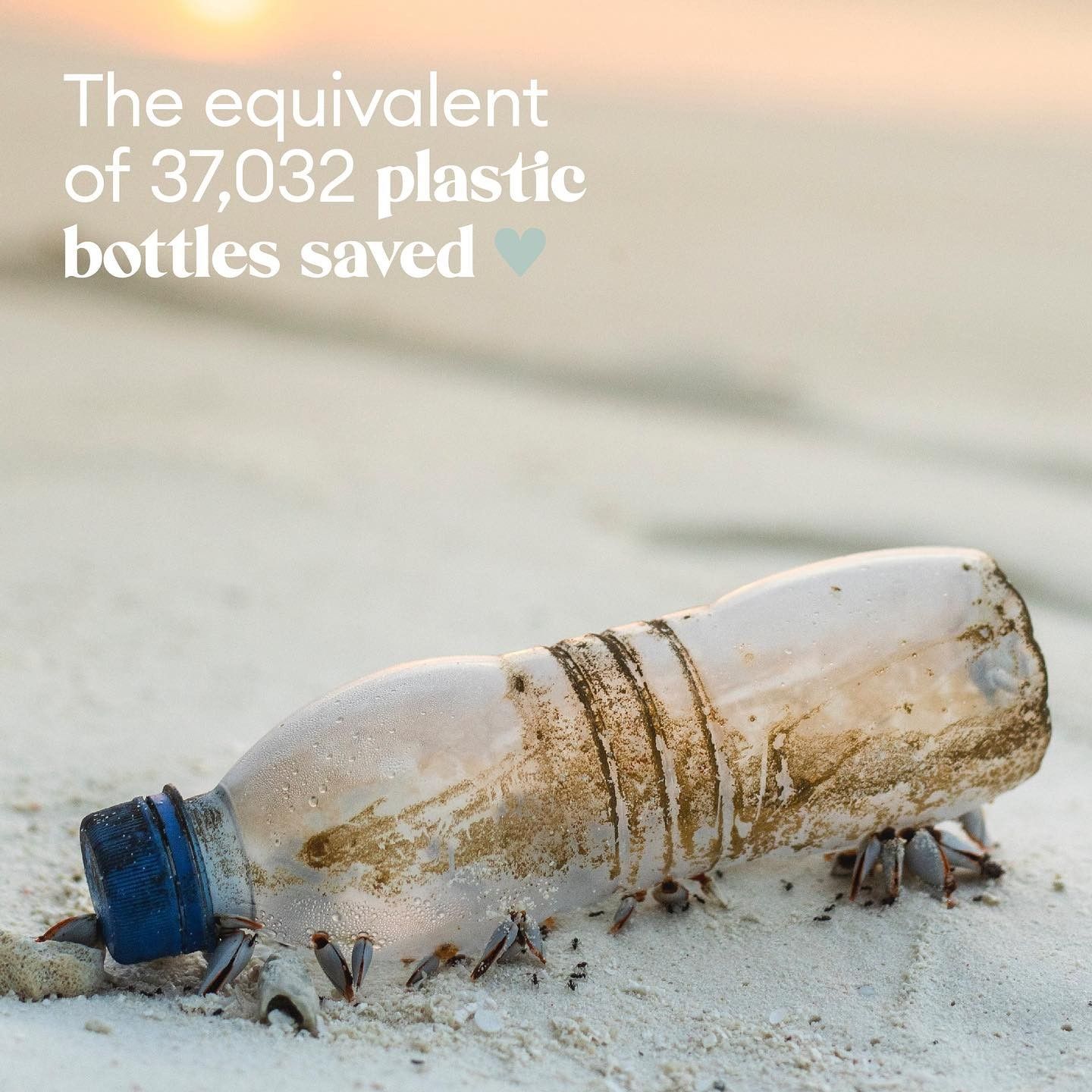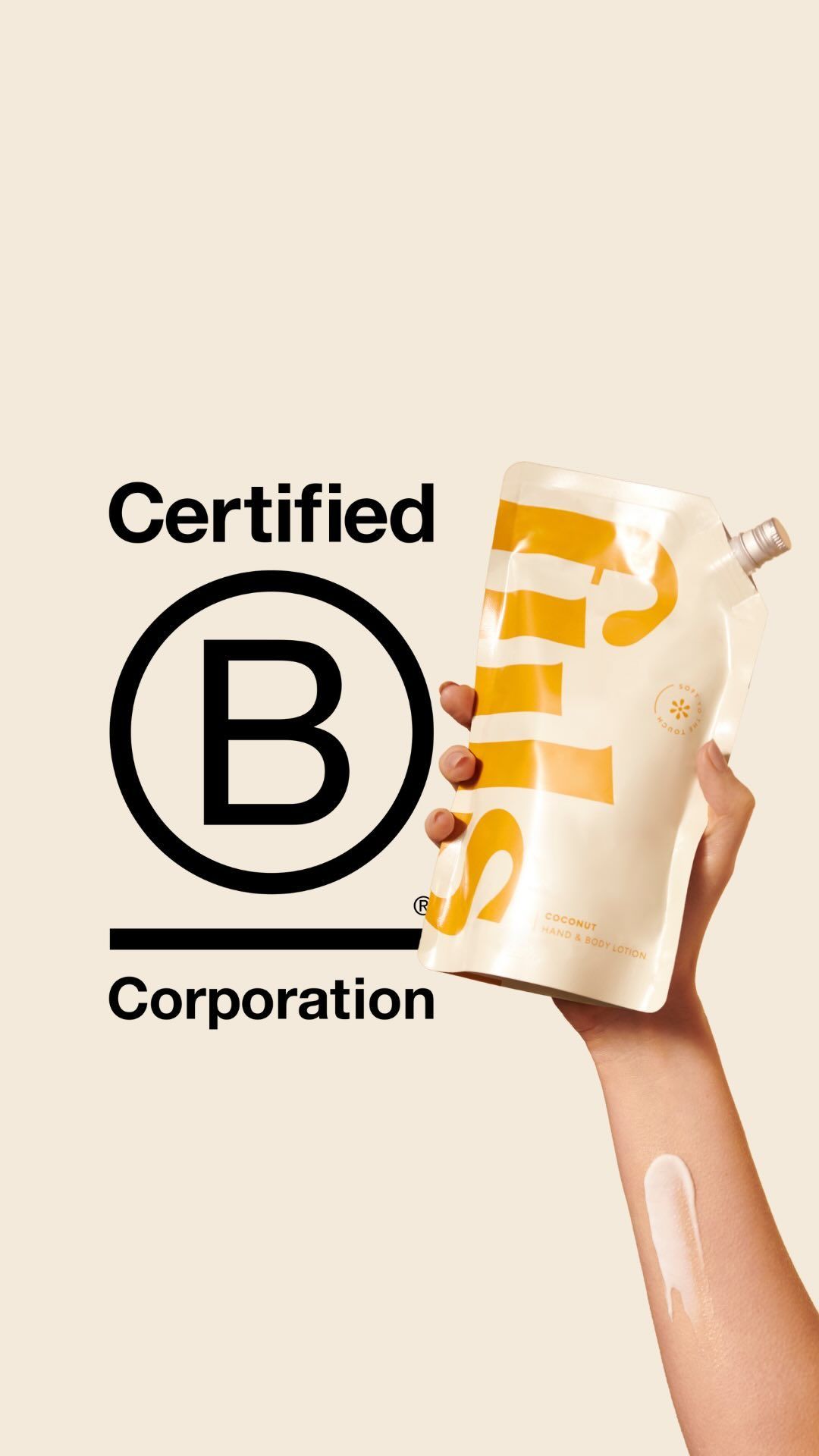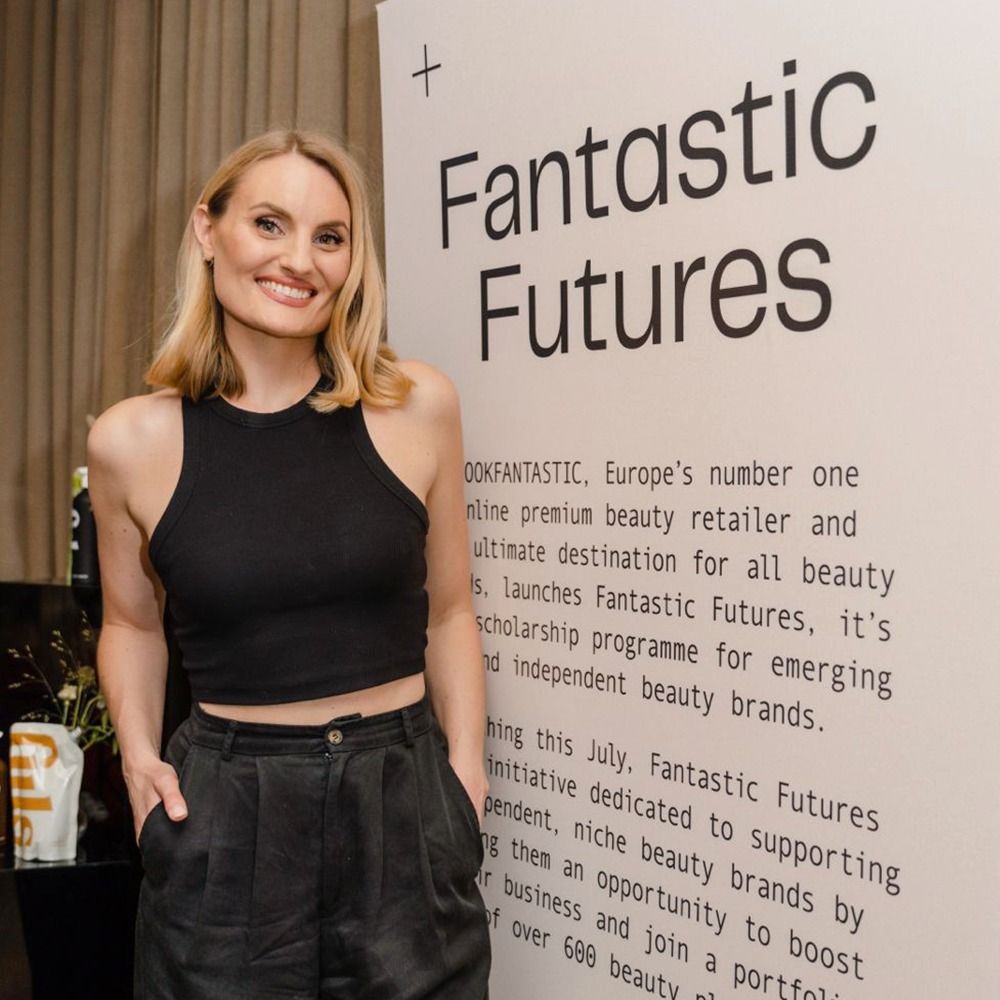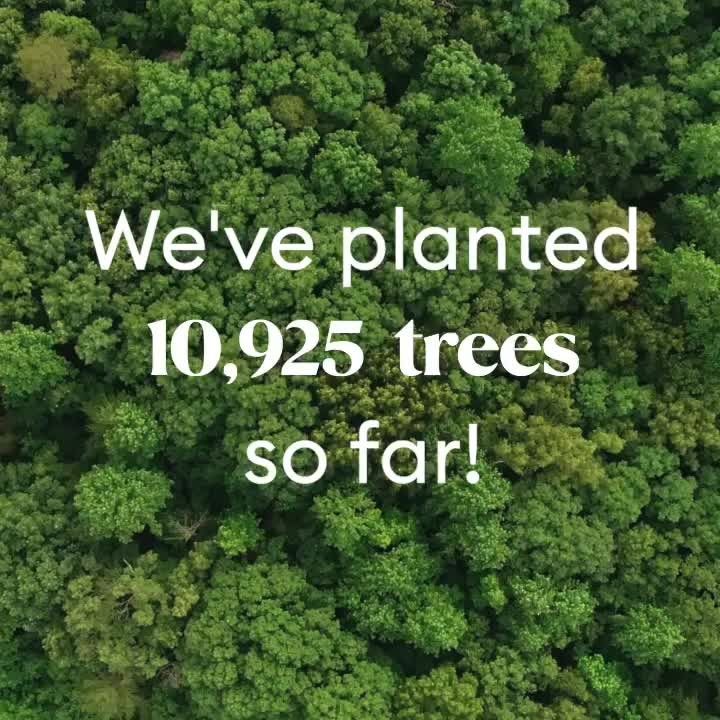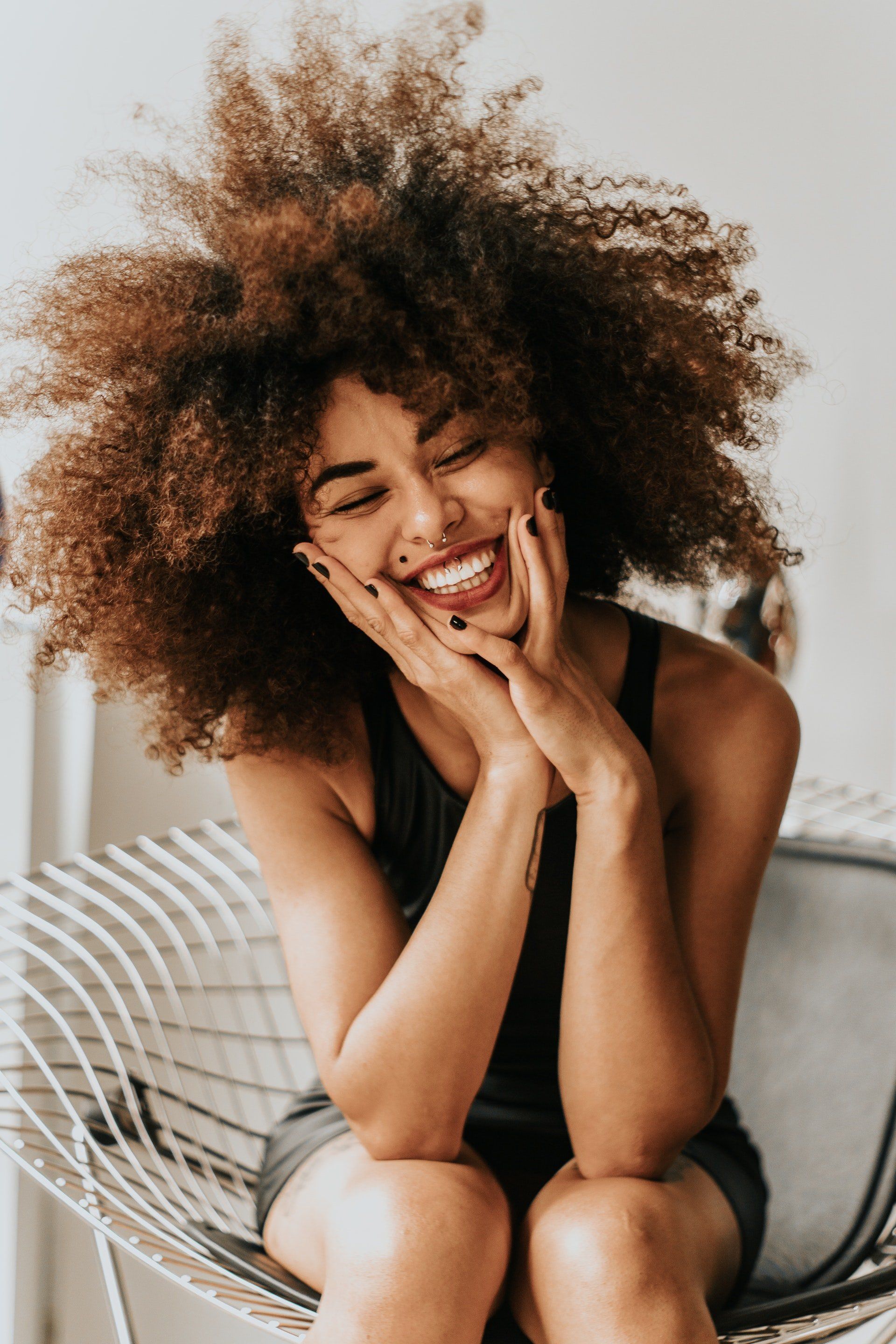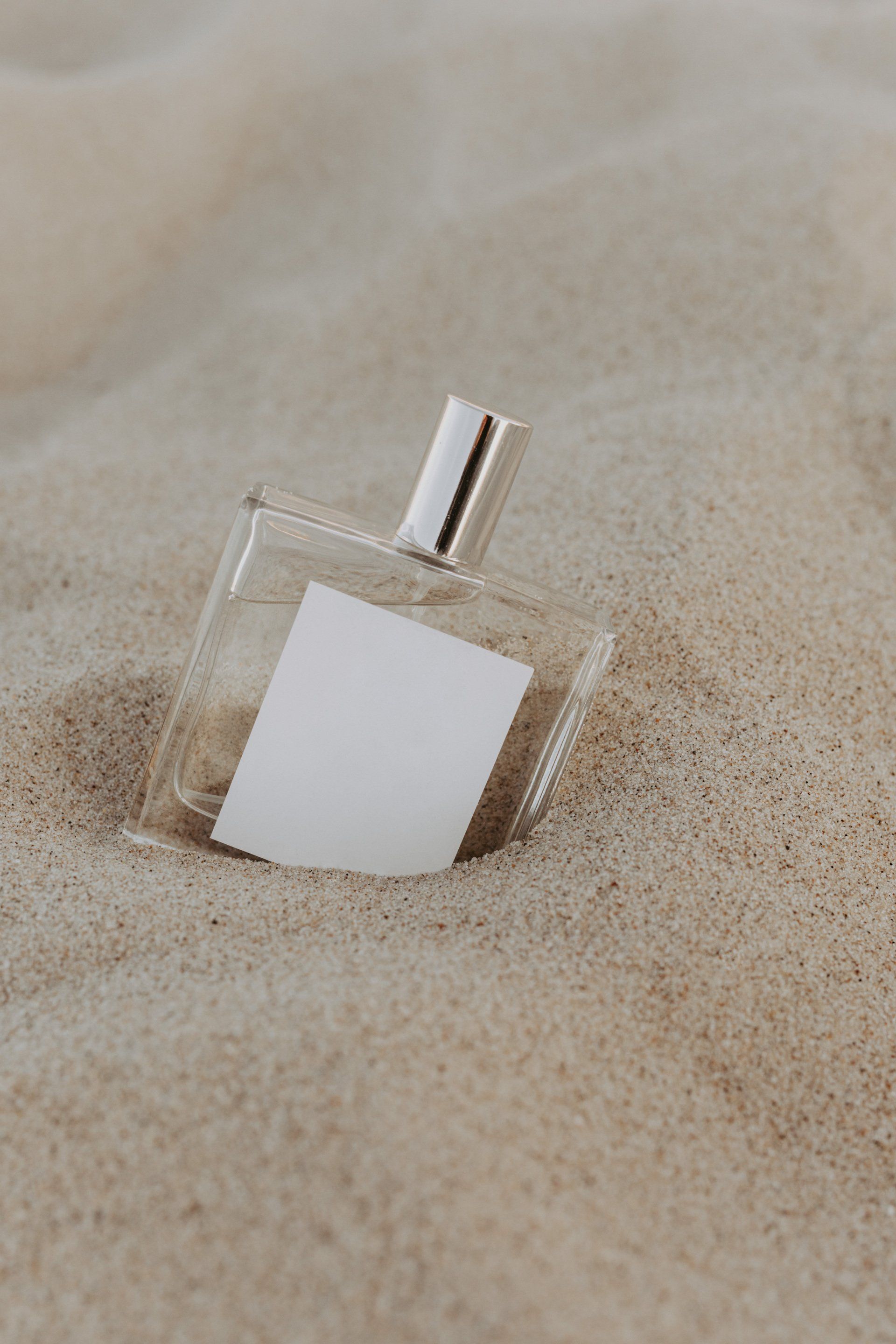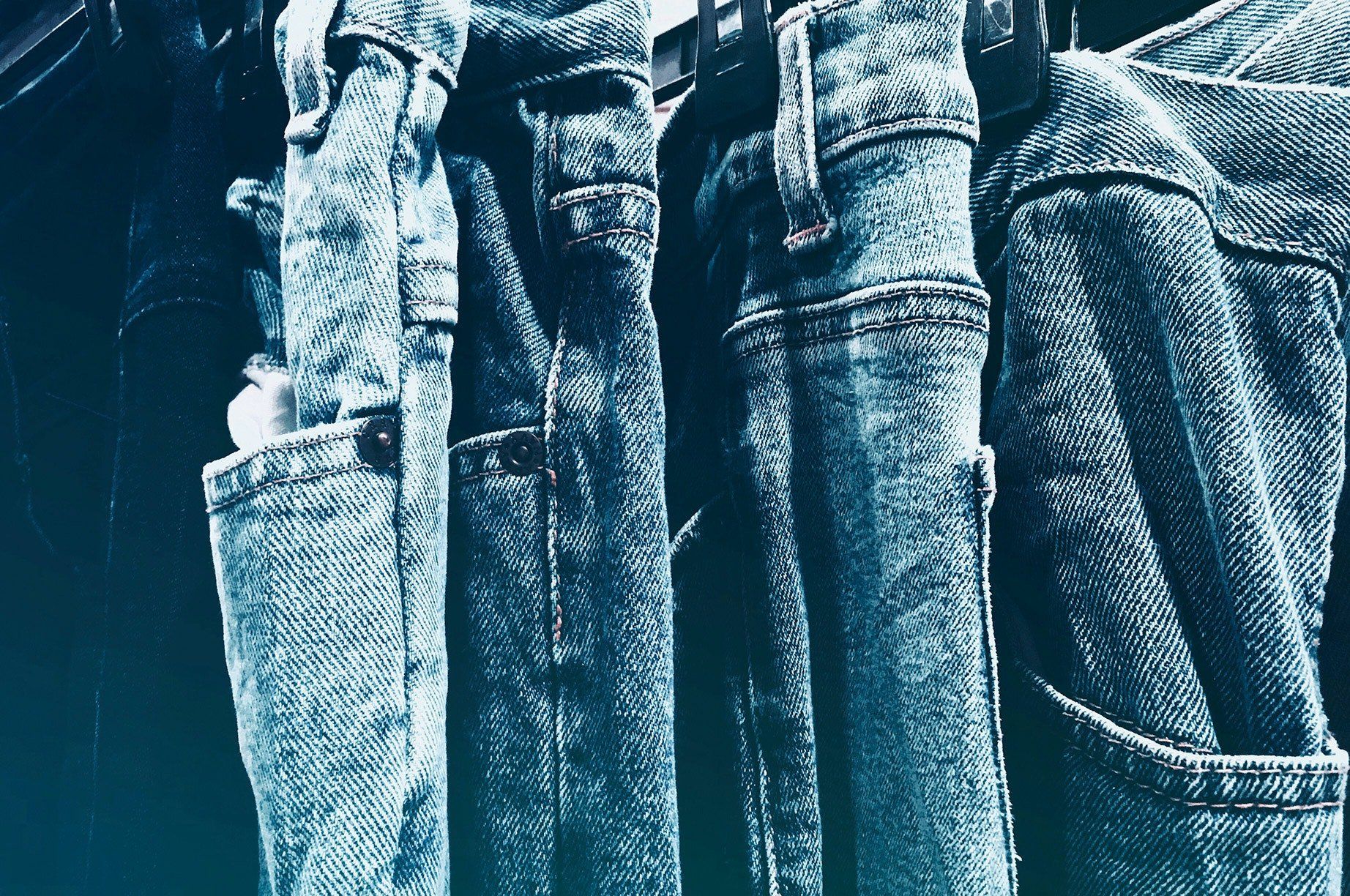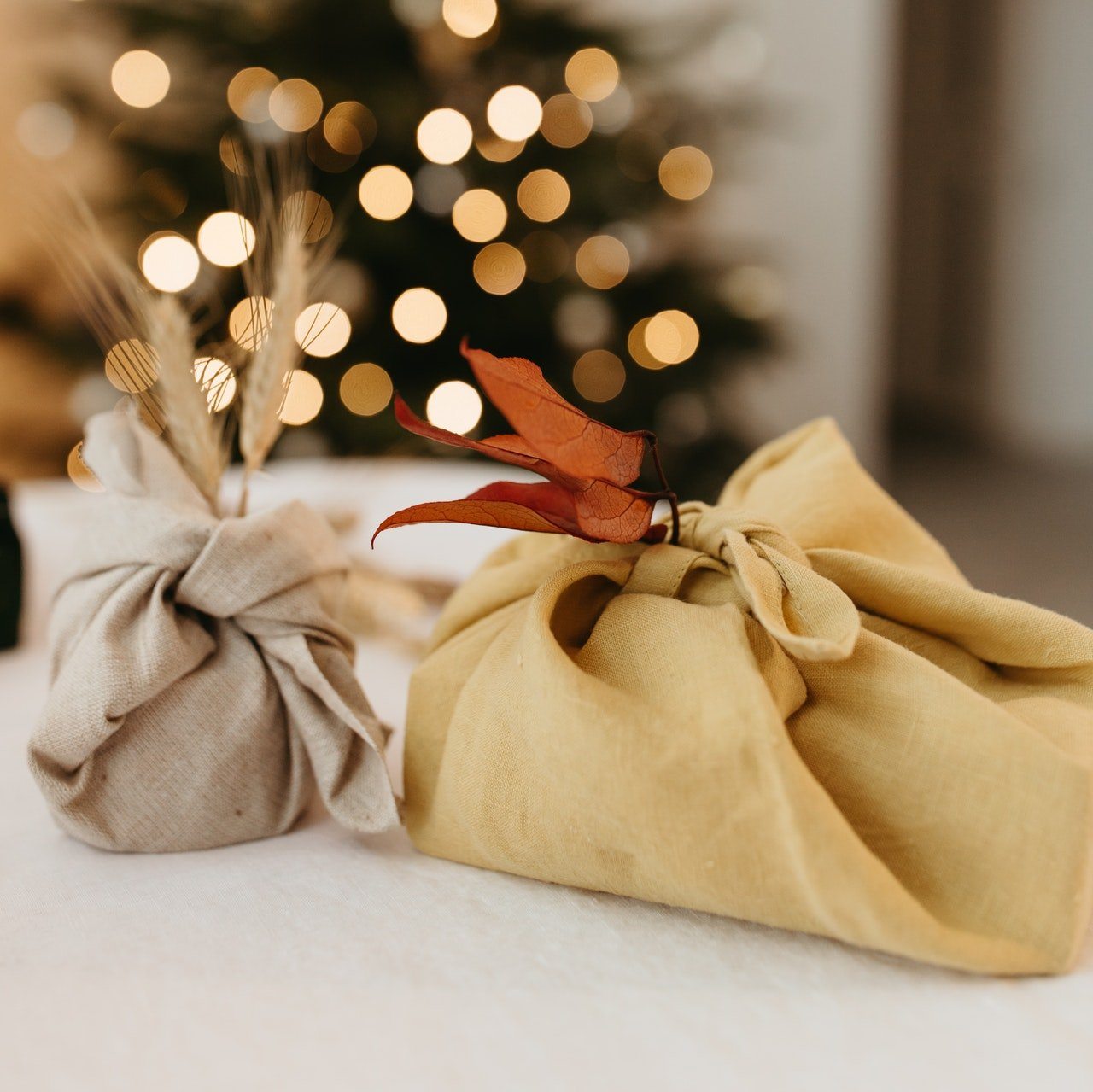Eco Entrepreneurship: The Story of Sustainable Beauty Brand Fiils with Founder Anna Priadka
At Zero Wasted, our mission is to help you make informed, conscious choices—we do the research so you don’t have to. Affiliate Disclosure: Some articles may contain affiliate links, meaning we may earn a small commission if you make a purchase through them. This comes at no extra cost to you, and we only recommend products we truly believe in.
In this exclusive interview, Fiils Founder Anna Priadka offers a rare glimpse into the realities of running a sustainable startup, from the logistical hurdles of developing eco-conscious formulas to
competing against greenwashing by big brands.
Anna Priadka is a beauty industry expert and make-up artist who founded Fiils in 2019, as a sustainable beauty brand focused on natural and refillable hair and body care free from sulphates or synthetics. The brand put purpose and ethics at its core and upheld an array of conscious values and achievements:
Sustainability is now becoming an imperative for businesses of all sizes, but translating good intentions into tangible impact can be uniquely challenging for small companies with limited resources. Fiils sought to overcome these obstacles, and was a trailblazer in the industry for five years before sadly closing its doors in October 2023.
To provide insights and inspiration to other mission-driven entrepreneurs, we spoke with Anna about the Fiils origin story, successes and setbacks, and key learnings from her experience driving sustainability across the entire supply chain. Its lasting impact provides both inspiration and practical advice for the next wave of sustainable founders.
'Creating a company must be done with purpose and consideration to ensure that it makes a positive impact on the world.'
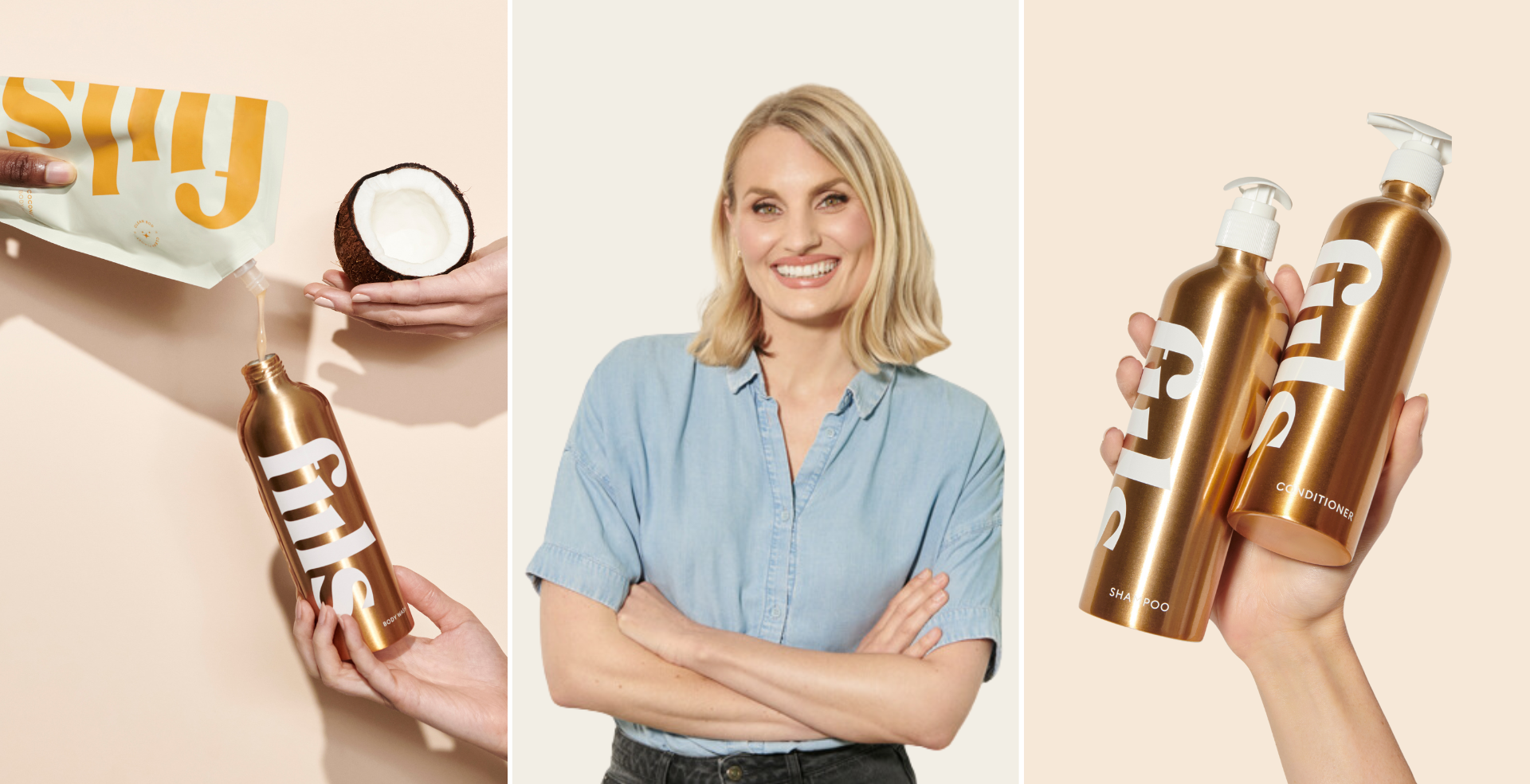
Tell me about the inspiration behind Fiils - what made you personally passionate about starting a business in sustainable beauty?
With over 20 years of experience in the beauty industry, I've had the privilege of working across all categories, particularly in makeup. I had always dreamed of starting my own company, and in 2018, that dream became a reality when I launched a vegan lipstick brand. However, while I had a wealth of experience in the beauty world, I found my lack of business experience to be a challenge. I underestimated the amount of funds I would need to cut through in an oversaturated market, and my attempts to raise capital to grow the business were unsuccessful.
Starting my first business also sparked a great sense of moral responsibility. I believe strongly as an entrepreneur in today’s world, creating a company must be done with purpose and consideration to ensure that it makes a positive impact on the world.
This conviction, combined with my first-hand experience of the beauty industry's excessive plastic waste, from tester pans to mixed material packaging that could not be recycled, led me to embark on my second venture, fiils.
What were some of your biggest insights and ‘lightbulb moments' in research, development and launch?
The lightbulb moment came when I realised there was a significant opportunity to create a new category of beauty, based on reuse and refill in a convenient way. However, my initial observations were that supply chains were not designed to effectively support sustainable alternatives. Most companies had built their products with no consideration for the end life of the product, which meant that finding solutions orientated towards changing this was difficult. Another observation was the high costs. By prioritising sustainable formulations and materials, the high margins typically associated with beauty products didn’t apply, so the scalability of the business needed to be considered.
Were there any unique challenges in formulating sustainable beauty products?
The majority of challenges came down to cost. Creating a truly sustainable formula in any category often means using a higher percentage of natural ingredients and actives. Our initial formula brief changed quite dramatically when we actively spoke to manufacturing partners. After calculating the cost of the necessary ingredients to produce our desired formula, it was often too expensive, resulting in a need to revisit the original brief. Another challenge we found in hair was formulating without sulphates. By the time fiils closed, we still hadn’t perfected a sulphate free formula that offered the cleansing properties our customers wanted.
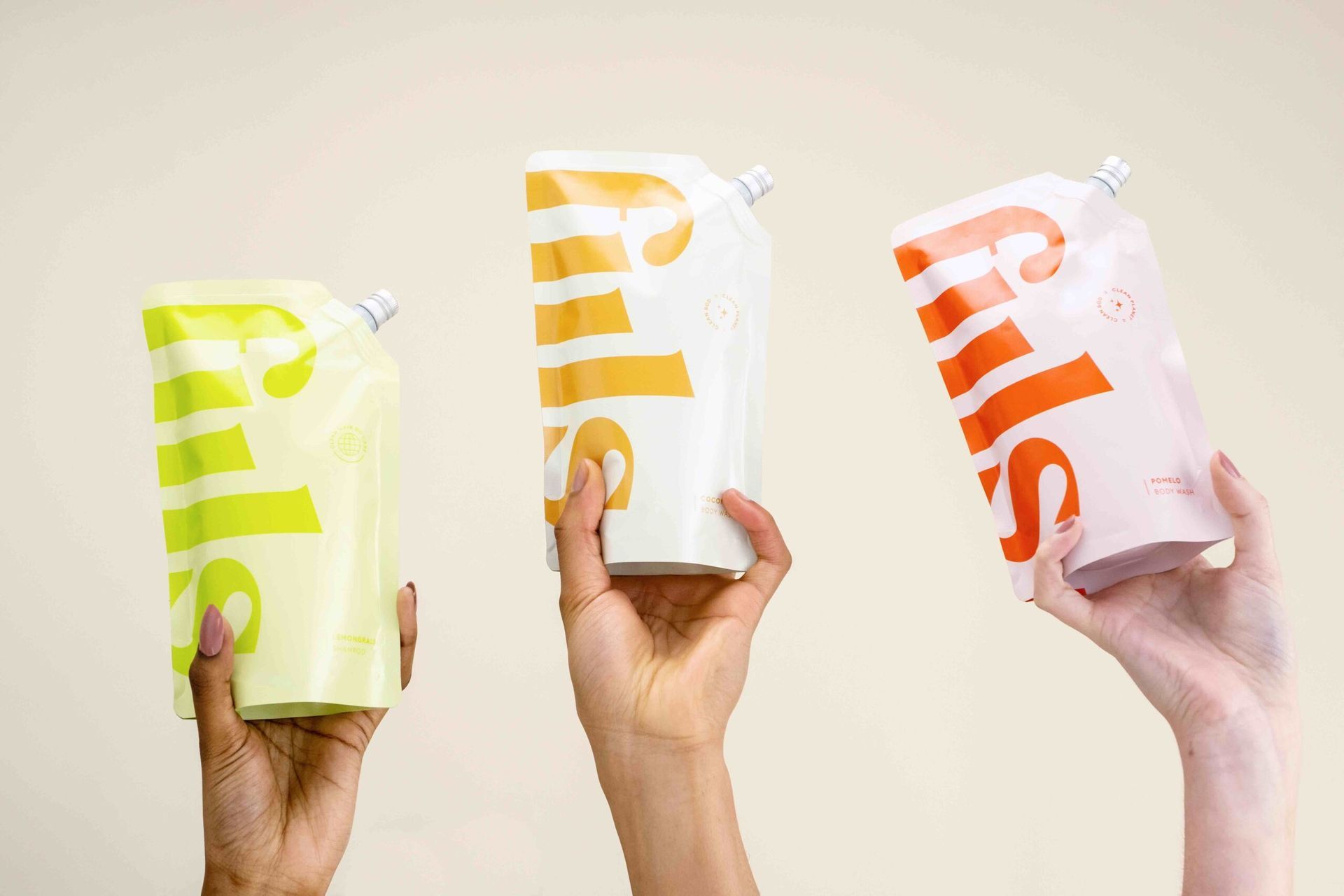
'Knowing we made a genuine impact, helping thousands of customers to reduce their plastic waste is something I’m very proud of.'
How did you handle financing and funding as a small sustainable business?
I was fortunate enough to secure initial funding from personal networks based on a pitch deck and a few samples. This allowed me to bring a minimum viable product (MVP) to the market. Once we discovered our product was generating income, we rebranded and improved our offering. Following this, I was able to raise funds from a larger group of Angel Investors to scale the business. It's critical to raise capital at the appropriate stages. If you're just beginning and haven't yet established revenue, consider getting funding from friends and family. Once you've got traction, you can reach out to funds and Angel Investors for a larger fundraising round. Also, it’s worthwhile as a sustainable business looking for grant funding and start-up loans geared specifically towards the problem you’re solving.
What sustainability practices were most important for you to implement from day one?
Prioritising a viable solution to reduce plastic waste and ensuring we took ownership of the entire lifecycle of our packaging was crucial. Additionally, having our claims backed up by relevant data to ensure we didn’t greenwash was super important. By prioritising sustainable practices early on, we were able to differentiate ourselves from our competitors, especially the larger corporations who only adopted it as a buzzword later on.
What was your strategy for getting the word out and attracting the first Fiils customers?
In the age of digital marketing, the first way we attracted customers was to use paid ads, primarily through Google. We then went on to build a solid SEO strategy with relevant articles and keywords, plus a robust referral and rewards scheme for our customers. PR came later on when we’d refined the brand, which proved to be very useful for us along with an affiliate marketing scheme to further scale and build brand advocacy.
How did you go about building the Fiils team and engaging everyone around your sustainability mission?
Taking learnings from my first venture meant I built a strong team for my second business. I recognised I needed a dedicated marketing professional from the beginning, but didn’t have the resources to hire full time, so I started with a consultant with beauty industry experience. I maintained this approach and was fortunate to attract a reliable team of consultants who eventually became permanent. With the plastic crisis affecting everyone's lives, it was easy to get the team on board with our sustainable mission. We all felt like we were contributing to a worthwhile cause, which made the day to day challenges more bearable.
What were some successes and milestones you celebrated with Fiils?
We've had so many great moments over the years, but a few that really stood out include our first £10k MRR milestone, achieving over £250k in total revenue, being featured in Vogue magazine, and winning the Fantastic Future program with Look Fantastic, which led to us being stocked. Of course, achieving B-Corp status was also a major highlight, even though it took us a couple of years to accomplish.
Charting the Green Journey: A Look at Fiils' impact from their Instagram posts
What failures or setbacks did you encounter along the way and how did you adapt?
After our initial year of trading, it became clear that our product wasn't as sticky as we had hoped and we weren’t as close to achieving product-market fit as we had initially assumed. This was due to a few things, such as not enough differentiation and increased competition. We figured out how to solve this by pausing and speaking with hundreds of our customers face to face. Although we sent out bi-monthly surveys, it wasn't enough. We needed to take a more personalised approach by speaking directly with our customers, even if it meant uncovering flaws in our business model. Deep diving into their interests, reasons for product purchase, likes and dislikes started to help us define the product.
What ultimately made it hardest for a small sustainable business like Fiils to survive long-term?
It all came down to money. COVID-induced increases in shipping costs and raw materials and, as well as the cost of living crisis, squeezed our margins and made it difficult to turn a profit. Unlike large, established businesses with ample funds, we didn't have that cushion, and ultimately, we ran out of cash.
If you could pass on learnings to aspiring sustainable entrepreneurs, what advice would you give them?
If you're planning to develop any kind of product, it's essential to ask yourself if there's a need for your solution before considering launching it. The Mom Test is an excellent read I would highly recommend to any aspiring entrepreneur, as it provides valuable insights on how to determine if your idea has potential. Once you have some clarity, start small. Choose your differentiation strategy wisely and focus on one product category or product that needs innovation. Concentrate on doing it better than your competitors to gain traction.
'corporate giants were adopting our approach of reusing and refilling which demonstrates that niche beauty brands that prioritise sustainability can inspire the masses to follow suit.'
On a personal level, what has been most rewarding for you in running this mission-driven company?
Knowing we made a genuine impact, helping thousands of customers to reduce their plastic waste is something I’m very proud of. Another was developing my skills as an entrepreneur. Confronting numerous challenges and acquiring new knowledge has left me feeling more confident, capable, and eager to tackle whatever comes next.
How do you hope to take the mission of sustainability forward in your next endeavours?
Building a business that impacts the world and people positively is the driving force behind all my business goals. I hope to tackle the problem of plastic waste on a larger scale in my next venture, tracing it back to the start of the supply chain and I’m already working on various ideas and solutions to solve this
What would you say is the legacy and impact of Fiils in the sustainable beauty industry?
Even though Fiils was a small business in comparison to the major players in the beauty industry, we gained enough traction within our niche to make an impact. A year after our launch, I noticed that corporate giants were adopting our approach of reusing and refilling which demonstrates that niche beauty brands that prioritise sustainability can inspire the masses to follow suit.
You can follow Anna on LinkedIn.
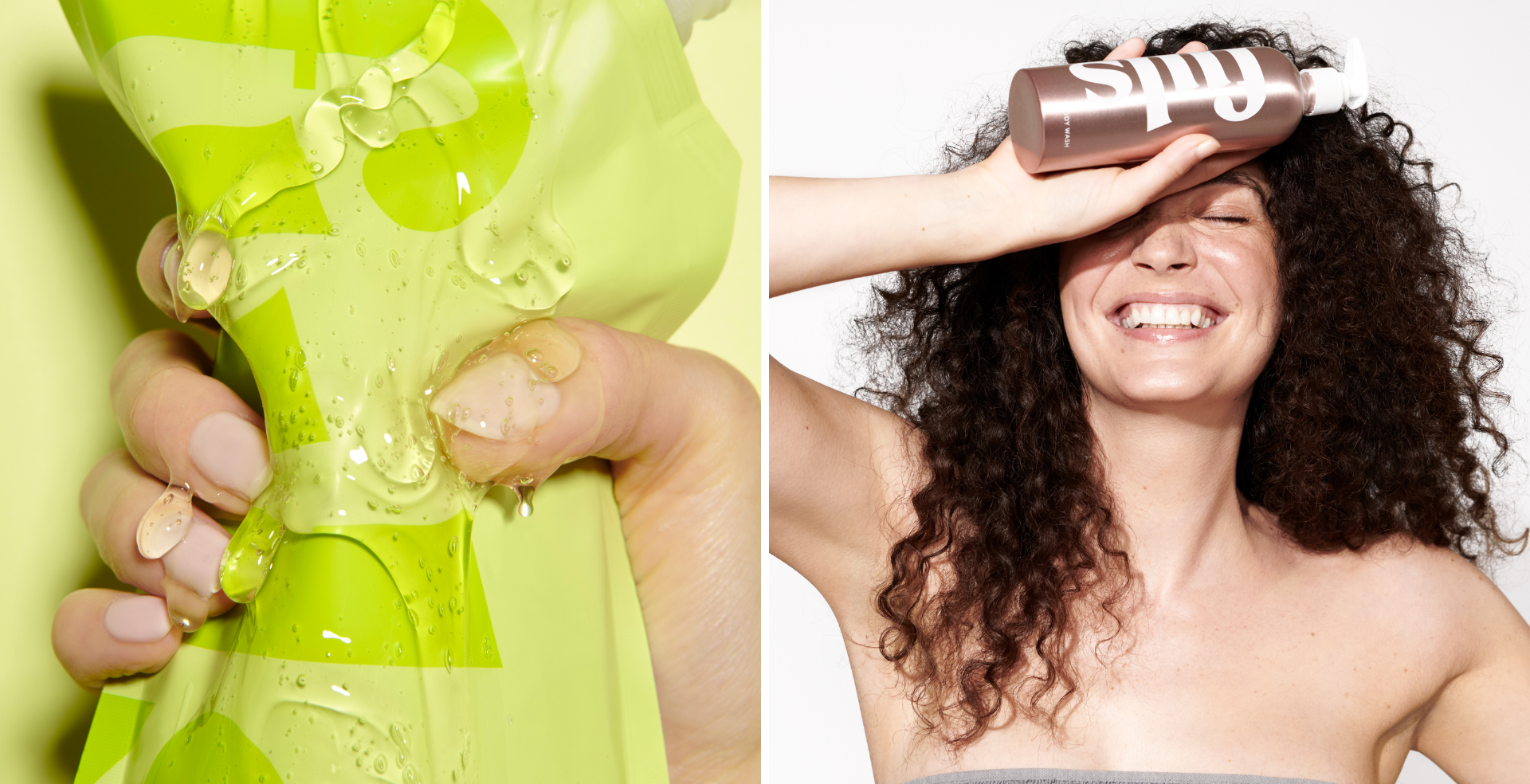
Newsletter Signup
